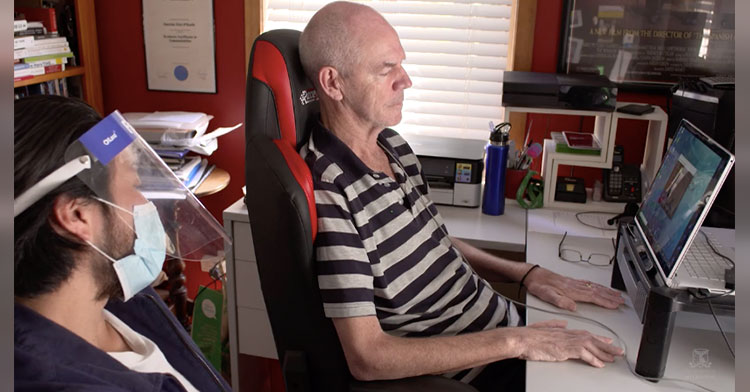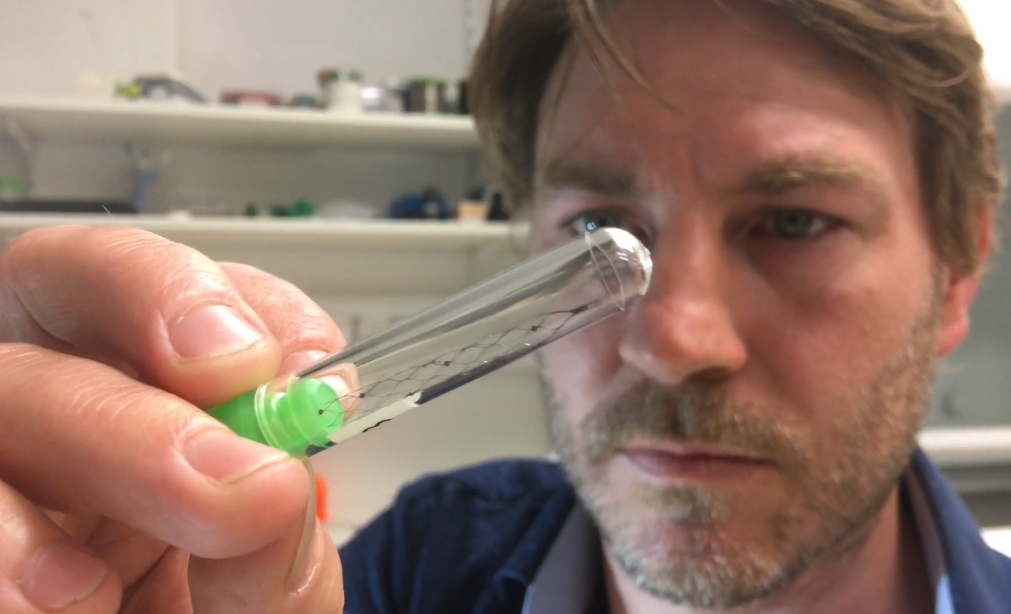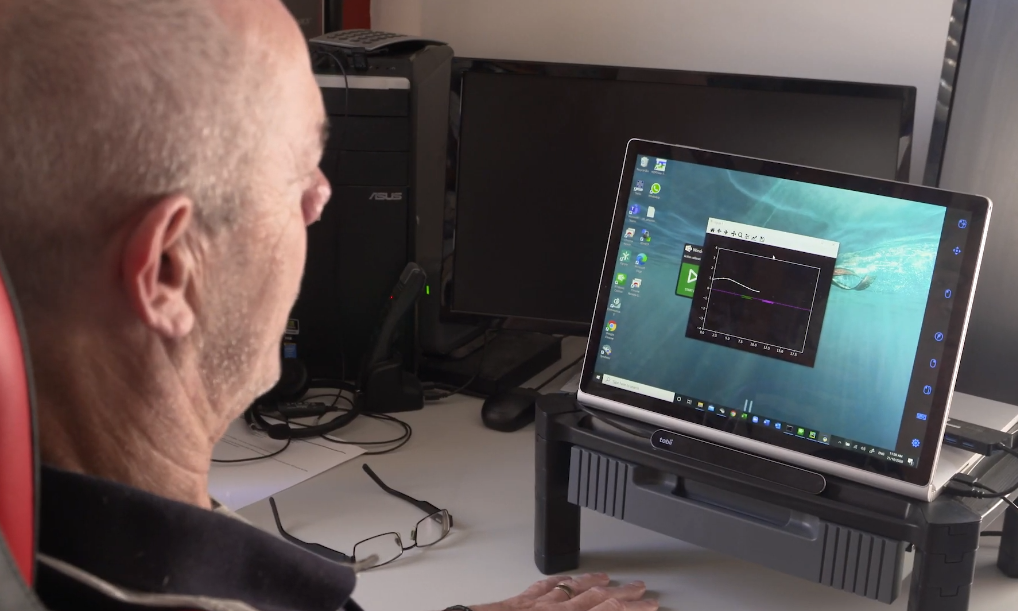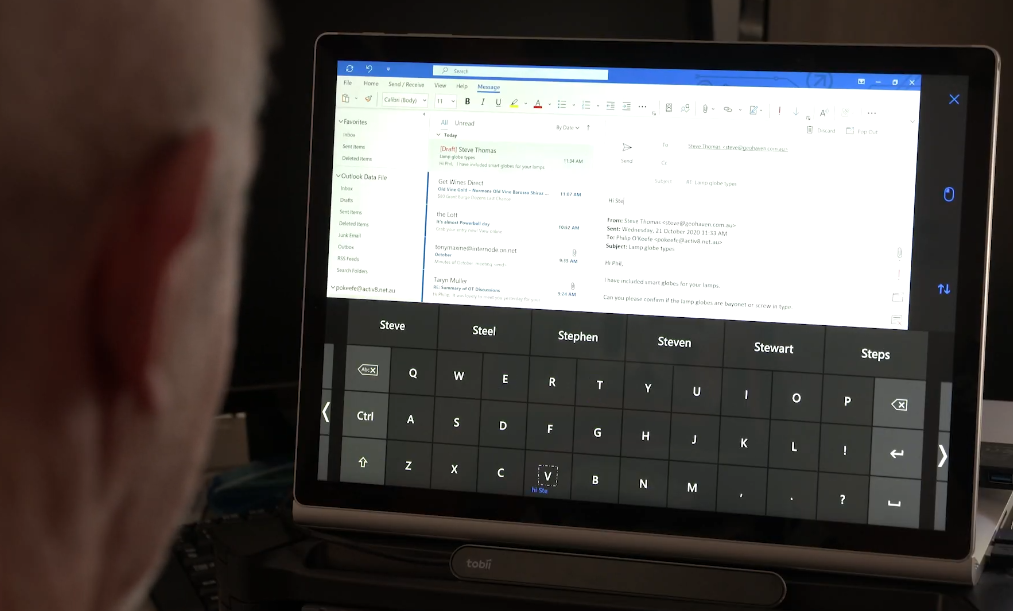For people living with paralysis and other disabilities that affect their motor skills, simple tasks like sending emails or paying bills online can be monumentally difficult.
Now, thanks to one company’s life-changing invention, they can use their minds to regain a sense of freedom and control!
Nicholas Opie is an associate professor at the University of Melbourne, where he serves as the co-head of the Vascular Bionics Laboratory. He is also the founding chief technology officer of Synchron, the startup behind the innovative Stentrode implant.
“Over the last eight years, we have drawn on some of the world’s leading medical and engineering minds to create an implant that enables people with paralysis to control external equipment with the power of thought,” Nicholas said. “We are pleased to report that we have achieved this.”
The Stentrode is a small device that is implanted through the neck into a blood vessel near the motor cortex. In other words, it doesn’t require open brain surgery! It functions by reading neural signals and transmitting them to a computer, where they are translated into clicks, scrolls, and other commands.
In a recently published study by Synchron, two patients with upper limb paralysis caused by motor neuron diseases had the Stentrode implanted. Afterward, both of them successfully controlled a computer with their thoughts and eye-tracking software.
Not only did they achieve a click accuracy of 92 and 93 percent, but they also reached typing speeds of 14 and 20 characters per minute!
These promising results mean the Stentrode could make a huge difference in the quality of life for people who struggle with muscle control, particularly those with ALS.
While researchers say this implant won’t be available to the public for at least a few more years, the possibilities are incredible! We can’t wait to see the impact this will have on people’s lives.
See the Stentrode in action in the video below, and share this story to spread the word about this amazing piece of technology.
Want to be happier in just 5 minutes a day? Sign up for Morning Smile and join over 455,000+ people who start each day with good news.







